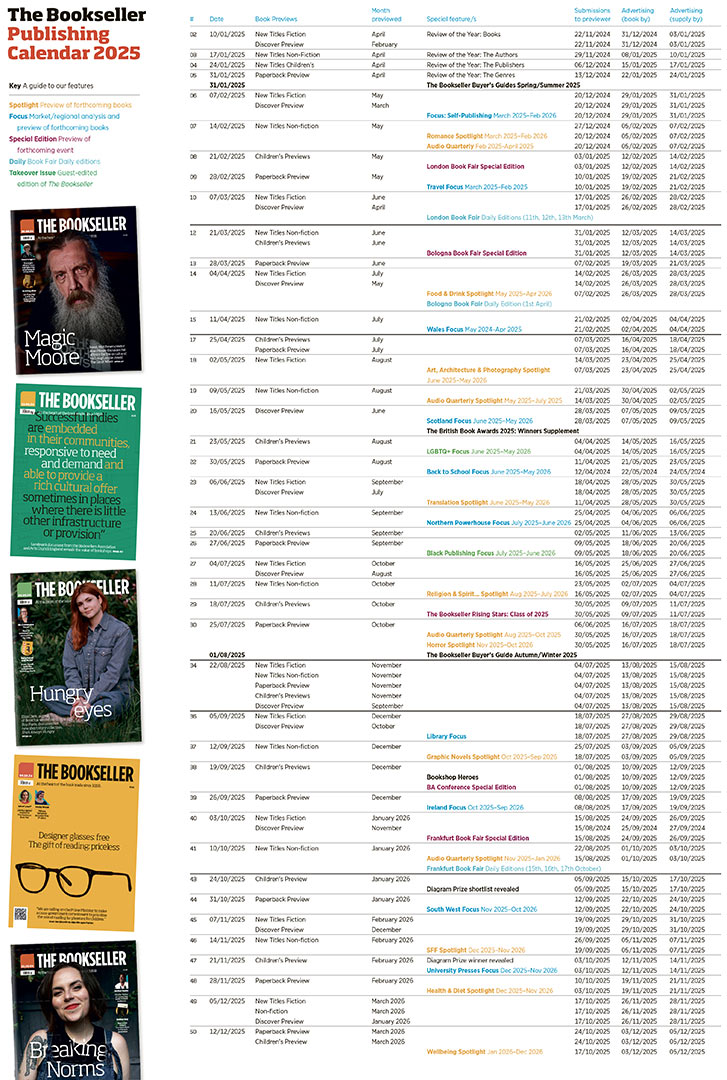You are viewing your 1 free article this month. Login to read more articles.
Remote e-lending pilot project reveals half-year trends
Remote e-book lending in libraries leads to a "significant" increase in borrowing, but not to an increase in book buying, according to interim trends noted at the six-month stage of a year-long pilot project.
The trial of remote e-book lending by public libraries, being run by the Society of Chief Librarians and The Publishers Association in response to a Sieghart Review of E-Lending published earlier this year, has now reached its half-way point and the coordinators have revealed there is no evidence to suggest the e-book loans is leading to people buying more e-books. “There has been extremely low take up of the opportunity to buy the borrowed e-book through use of the ‘click to purchase’ facility,” the Publishers Association said.
However, PA c.e.o Richard Mollet urged caution on reading too much into the early findings, saying “there is still six months of the pilot to run.”
Altogether publishers submitted 893 e-book titles to be used in the pilot scheme, being trialled by Newcastle City Council, Royal Borough of Windsor & Maidenhead, Peterborough City Council and Derbyshire County Council. The free loans are available between seven and 21 days, with library members able to borrow digital books remotely and only one user is able to access one copy at any time.
Six months in, the pilot has found all four participating authorities have seen a significant increase in e-lending, with longer loan periods leading to more titles being borrowed. The project has also found the increase in e-lending is not decreasing physical lending or footfall to libraries.
Mollet said: “These interim findings identify some interesting trends. However, we have to be cautious of jumping to any conclusions. These are interim findings, there is still six months of the pilot to run, and there will be more detailed user research conducted towards the end of the trial which will give us a clearer picture of the impact on behaviour. The insights gained so far are very interesting and we await the final report with interest.”
Janene Cox of the Society of Chief Librarians, added: “We are very pleased that these mid-pilot findings demonstrate a positive reception to e-lending within the pilot library authorities- and it is particularly welcome to see that at this point the extension of titles for e-lending is not resulting in a decrease in visits or traditional lending. Libraries strive to provide communities with the latest and best resources in the formats which they find most accessible and SCL is committed to ensuring that libraries can confidently and effectively offer an e-book service to customers who want to borrow in that format.”
The pilot was launched in March this year to analyse the impact of e-book lending on publishers, authors and public libraries. In particular, the pilot is seeking to establish the impact of different models for e-lending on sales.

















